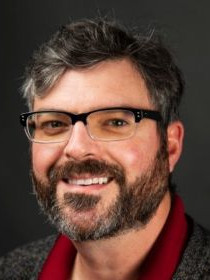
Michael Rocque
Connect with Michael
About Michael
Michael Rocque is an Associate Professor of Sociology at Bates College, Lewiston Maine. His research interests are life-course criminology, corrections, and violence. He is the author of several books, including Great Debates in Criminology with Chad Posick. Rocque is the former director of research at the Maine Department of Corrections and is interested in improving the practice of risk assessment.
Contributions
Mass Shootings – and What Can Stop Them
In the News
Publications
Explores the role of theory and research in criminology. Adopts a unique and refreshing approach to criminological theory and focuses on the great debates in criminology from its inception as a field to the present day. Explores the debates that have motivated criminological thought, that have represented turning points in theoretical and empirical trajectories, that have offered mini-paradigm shifts, and that have moved the field forward.